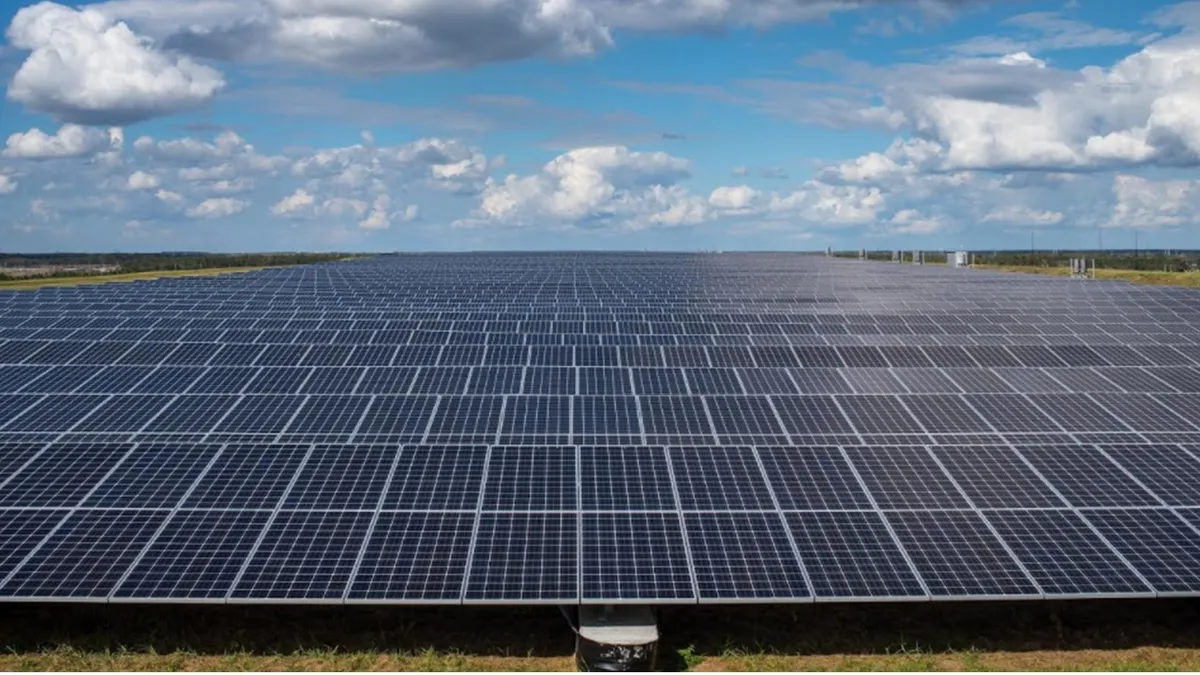Dive Brief:
- An initiative to set a 50% renewable energy standard in the Arizona constitution is a step closer to appearing on ballots in November after state officials determined supporters of the measure had collected sufficient valid signatures.
- Backers of the clean energy initiative needed to collect 225,000 signatures, and submitted more than twice that number in an effort to ensure compliance. Now, the Arizona Secretary of State's office determined more than 70% of signatures from Maricopa County were valid — far more than necessary to comply with state law.
- But a utility-supported opposition group called Arizonans for Affordable Energy (AAE) can still challenge individual signatures, a Maricopa County Superior Court judge has determined. The group claims almost 375,000 of the 480,000 signatures are invalid.
Dive Insight:
Across the country, clean energy advocates are turning to the ballot box to force utilities to supply greater amounts of clean energy. In some instances, utilities have fought tooth and nail to oppose the measures. Since last fall, Arizona Public Service has spent almost $11 million supporting AAE to combat the renewable energy ballot proposal — money that will likely have gone for naught, if the count by the Secretary of State's office holds.
Neither side is hurting for funding. The ballot initiative is supported by a group named Clean Energy for a Healthy Arizona, backed by activist billionaire Tom Steyer. His super PAC, NextGen America, has backed RPS ballot initiatives in other states.
Though each state has its own specific rules, requirements and policies, a victory for clean energy advocates in Arizona should hearten advocates in Nevada, another state where Steyer is exerting influence.
In Nevada, voters will consider a constitutional amendment to do away with regulated monopolies in November — and while it will appear on the ballot, its own outlook is uncertain. The proposal was developed to spur renewable energy growth, but now environmental groups fear the change could have the opposite effect.
NV Energy has proposed to double Nevada's renewable energy, but the offer is only valid if voters reject the ballot initiative.
Utilities in Michigan have conceded the fight, rather than face a ballot initiative there.
In May, DTE and Consumers Energy announced they are targeting at least a 50% clean energy goal by 2030, which led Steyer's grassroots campaign to announce it would not be filing the more than 350,000 signatures collected.














